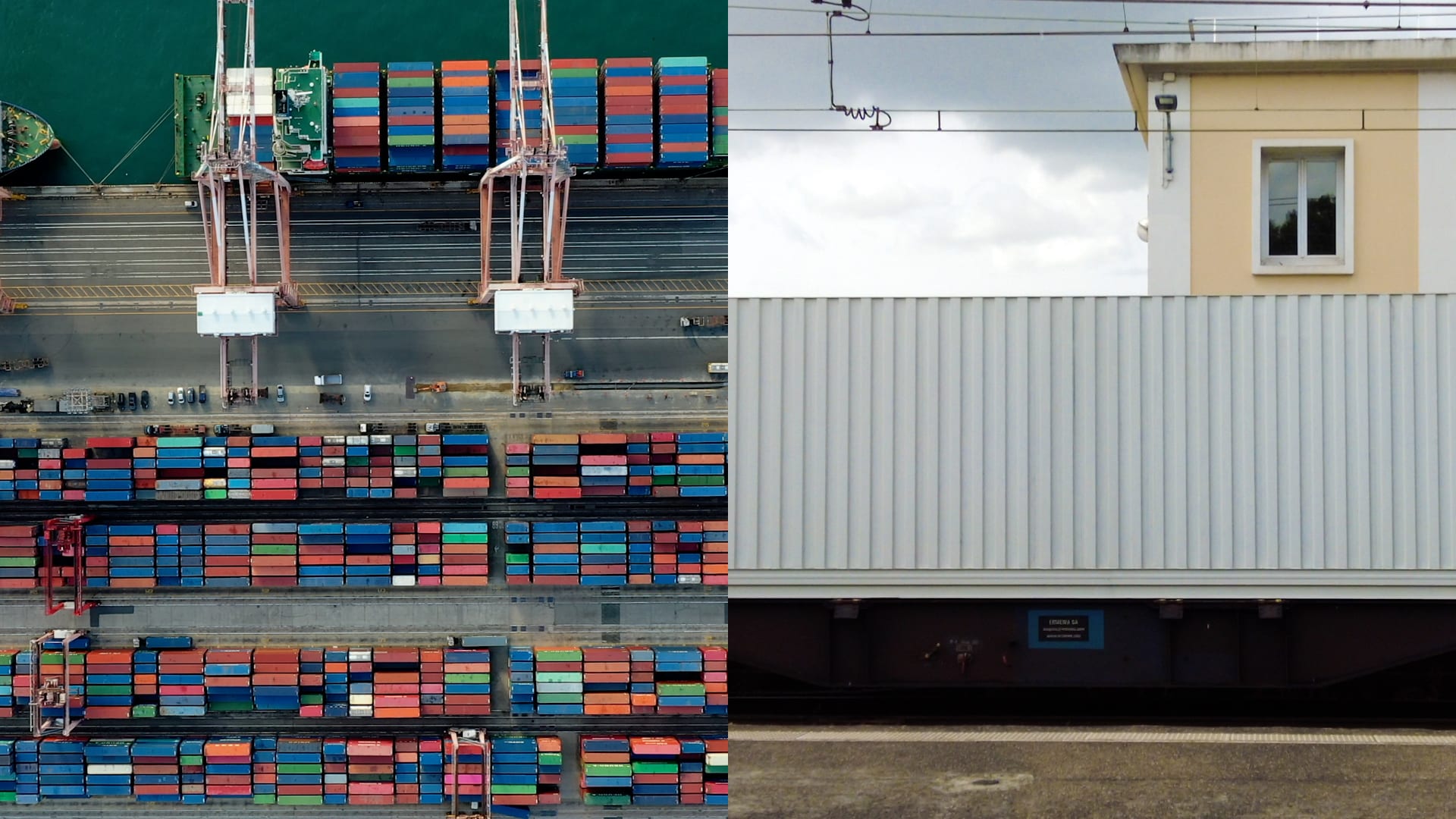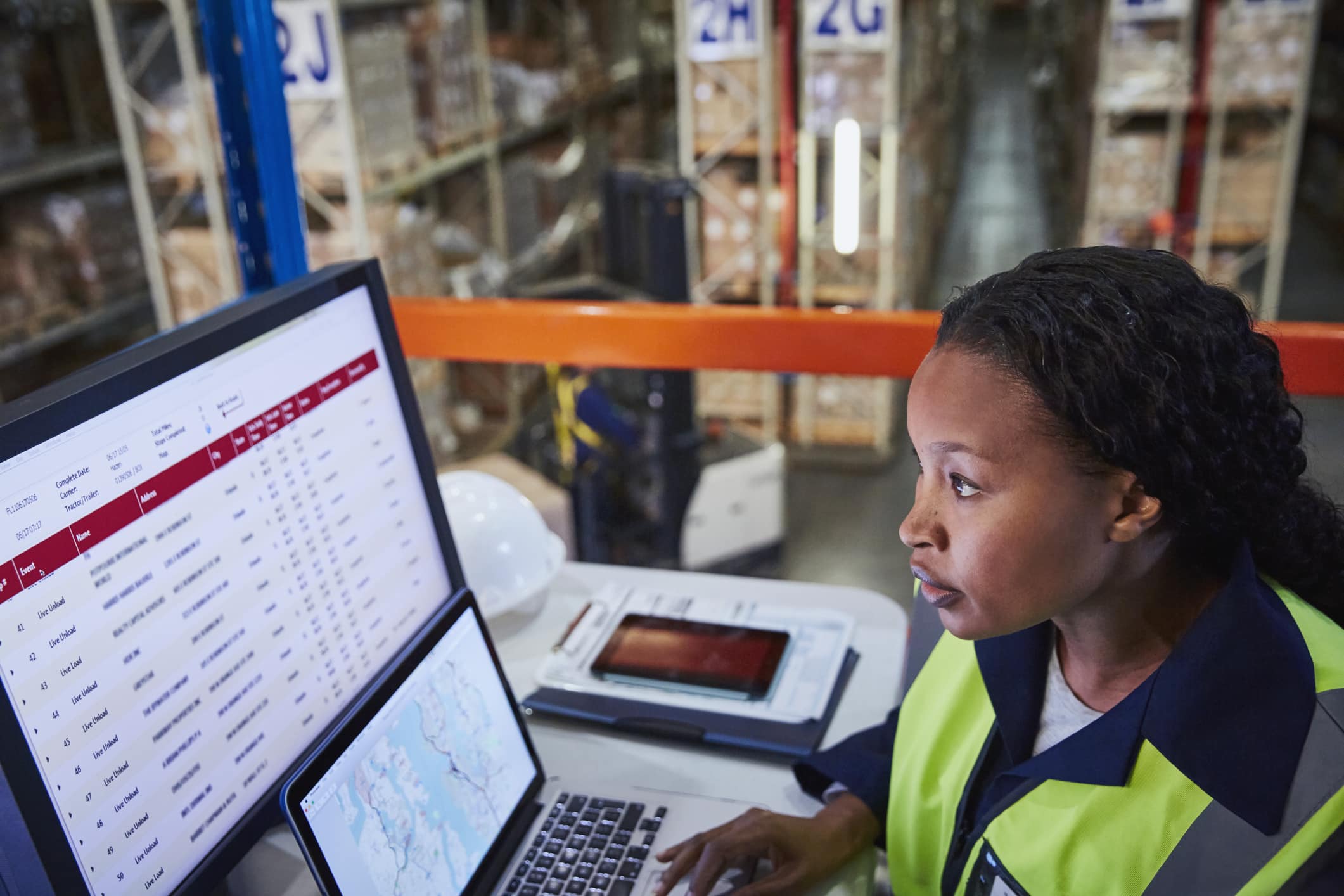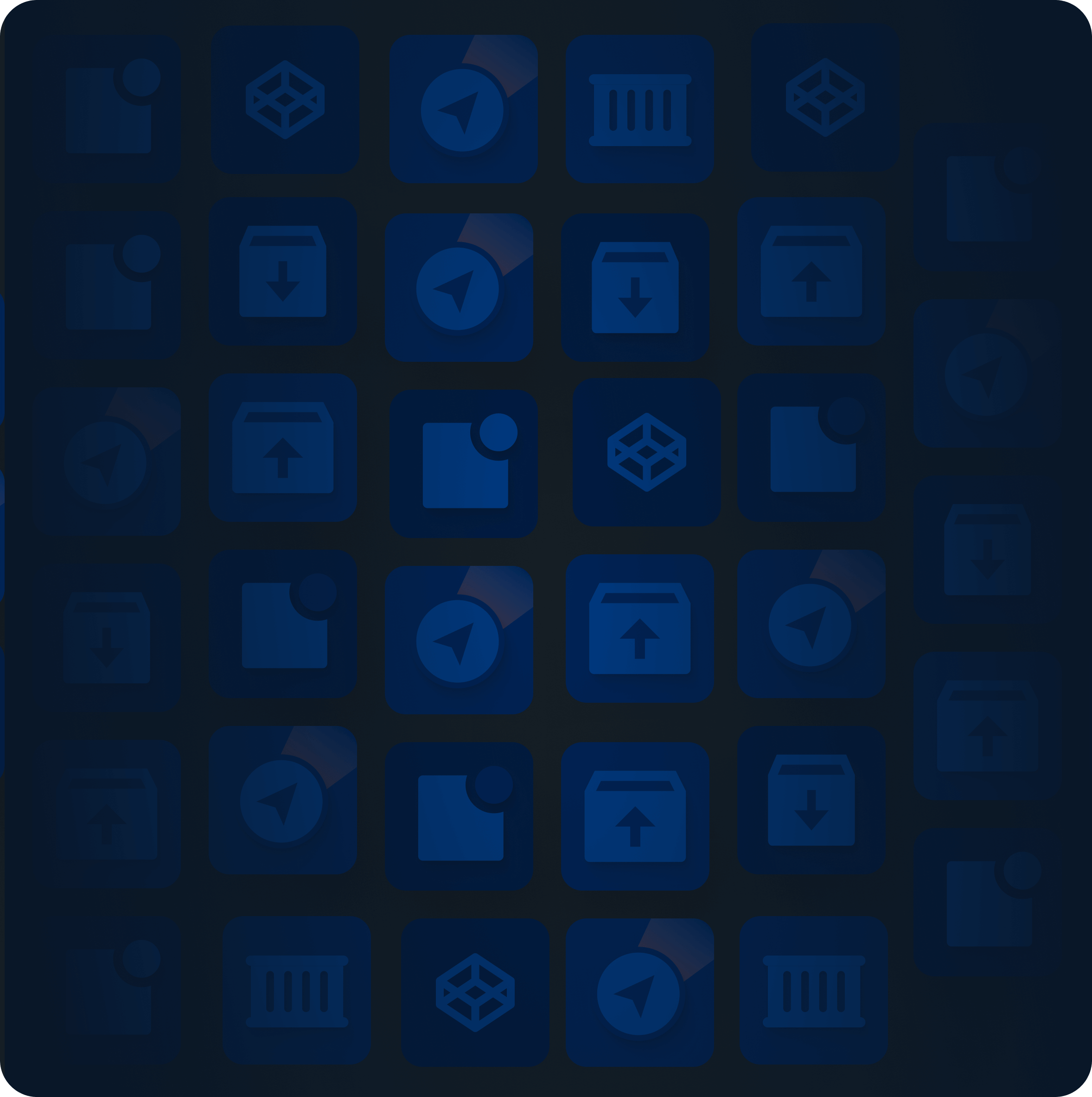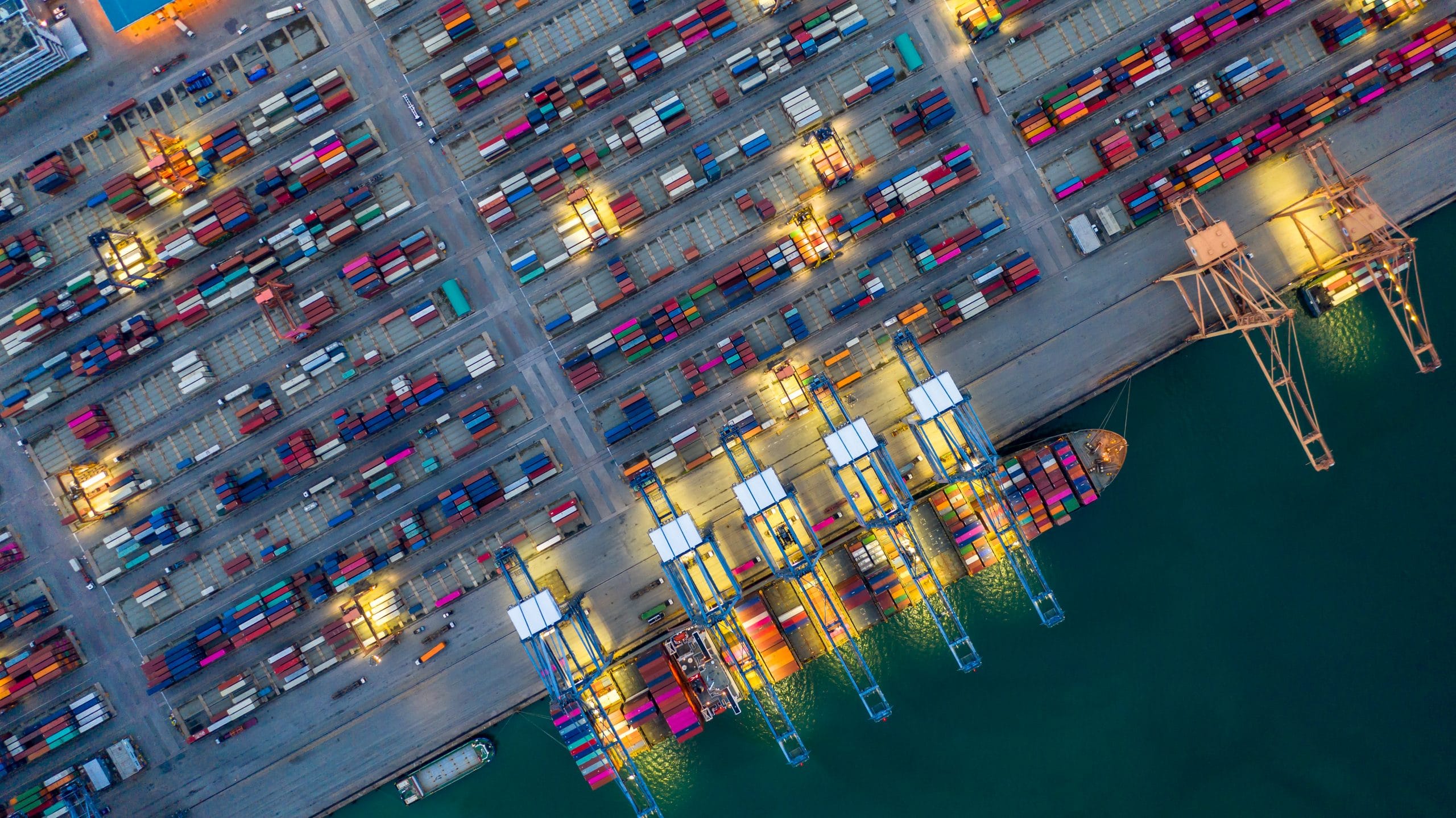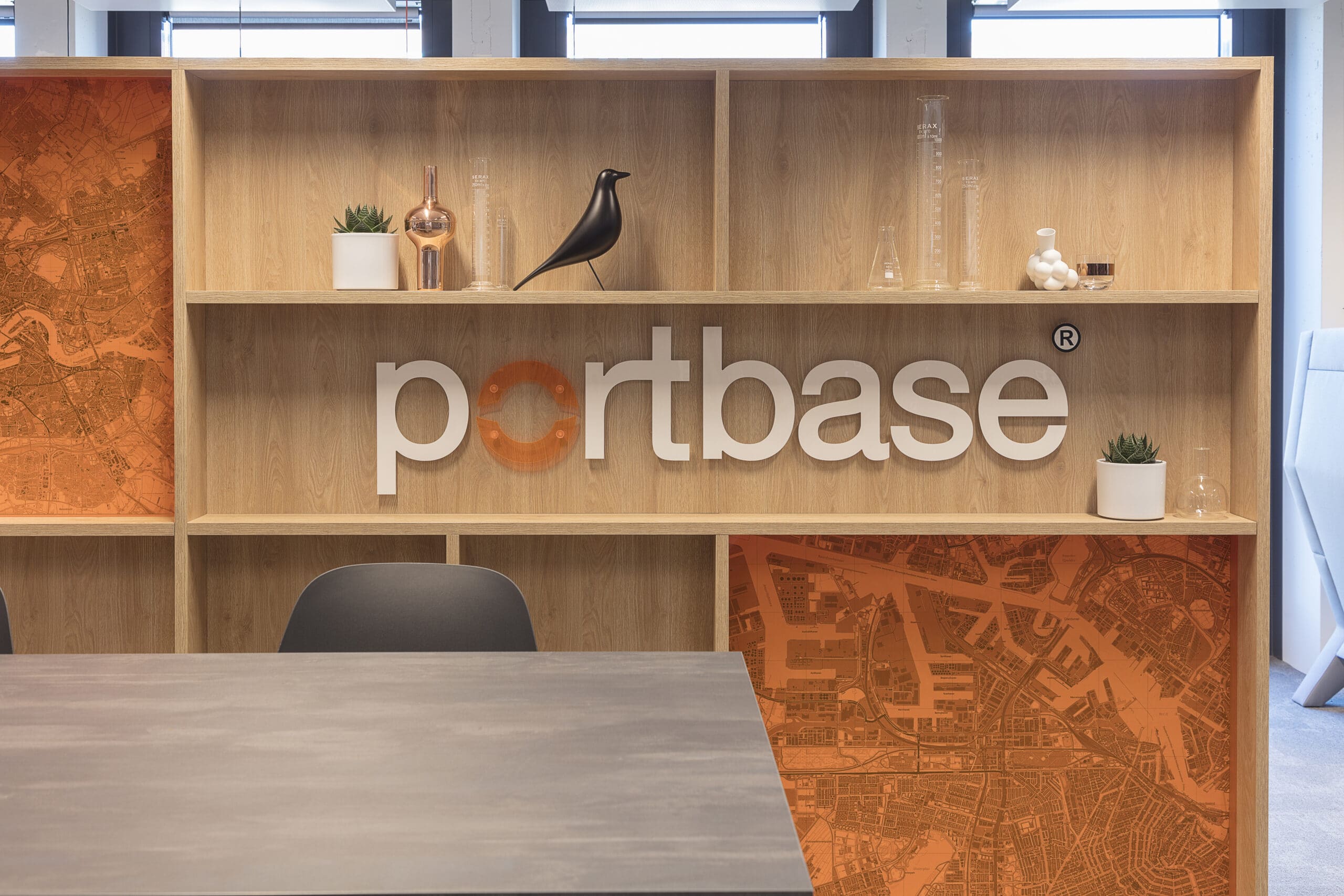The port of Rotterdam aims to substantially expand container transport by rail. To this end, ambitious programmes are being implemented through Data Fuel and Rail Connected. The Portbase service Hinterland Container Notification Rail (HCN Rail) plays a crucial role in accelerating and improving the rail chain. Neska Container Line together with their software supplier Yellowstar and Trimodal together with Pharox make optimal use of the new digital possibilities through an API interface.
API interface foundation for new rail concept
Rail operator Trimodal has launched a new concept for daily point-to-point transport within the port of Rotterdam. Based around an API interface with the Portbase service Hinterland Container Notification Rail (HCN Rail), customers are able to easily book containers aboard the Maasvlakte Shuttle online and next manage these bookings themselves.
The Maasvlakte Shuttle connects the Rail Service Center (RSC) in Eemhaven with the deep-sea terminals on the west side of the port according to a fixed schedule. With eight roundtrips a week, the Maasvlakte Shuttle can take 50,000 trucks off the road in the port every year. “The train boasts an on-time performance of 99.7%,” says Don van Riel of Trimodal, who devised the concept. He was assisted in this by Joris Tenhagen from Pharox. For Trimodal, the software supplier has realised an online booking platform that uses an API interface to communicate with HCN Rail in real time. “Booking on the train is just as easy as booking a hotel room,” compares Tenhagen.
Real-time visibility and adjustability
Van Riel: “Thanks to the API interface with Portbase, the customer has immediate insight into the status of a container for every booking. Is this correct for the relevant terminal or is further action required? The customer is responsible for the timely delivery of the correct data, it is their information. That is the strength of the concept. If something is not in order, then the container is not taken aboard. You can still cancel or rebook up to six hours prior to departure, adjustments can be made up to two hours before departure. You can see online how much space is available on each train. We use fixed departure times and standard rates apply for a 20-foot and 40-foot container.”
Even more interfaces
Thanks to the API interface with Portbase, Trimodal is also able to display real-time information about such things as the cargo opening times and cargo closing times of the various deep-sea terminals in the booking platform. Tenhagen: “Furthermore, we have created separate interfaces with the RSC (which is not connected to Portbase) and the carrier LTE, which operates the trains for Trimodal.”
Room for everyone
Van Riel is convinced of the success of the Maasvlakte Shuttle. After registering as a customer, any party can use it: intermodal operators, freight forwarders, shipping lines, road hauliers, etc. “Take rail operators, for example; after having first called at the RSC, their train may only be carrying a limited number of containers and, in view of the risk of delays this entails, it may prove beneficial for them to not continue on to the Maasvlakte. The turnaround time of their train will increase. Furthermore, with the scheduled work on the A15 motorway, the construction of the new A24 motorway and more and more activity in the western port area, traffic on the roads is also set to only further grow.”
Interaction with Portbase
The realisation of an API connection requires energy and attention, concludes Tenhagen. “Because HCN Rail was relatively new, this took more time than originally anticipated. However, thanks to collaborative thinking on the part of Portbase, it now also works in this new concept of the Maasvlakte Shuttle.”
